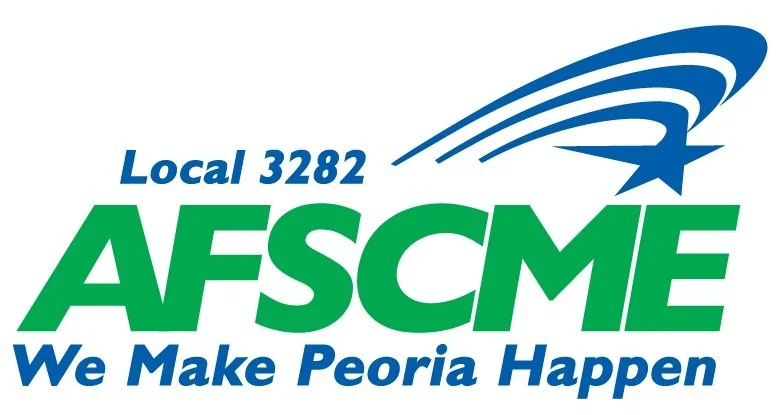by Kevin Brown | September 05, 2014
Torrential flooding posed major problems for Phoenix in August, but public service workers rose to the challenge and saved the day.
Dennis Martinez, a fire emergency dispatcher and AFSCME Local 2960 member, reported 18 swift water rescue assignments in just a 12-hour period at their call center. Swift water rescues are very intense and can require up to 15 to 20 fire apparatuses and specially trained technical firefighters.
During a rescue, captured by Fox 10, one of Martinez’s team members remained on the phone with the survivors for more than 45 minutes, providing vital information for a successful rescue. The home moved more than 20-feet from its original address and the flooding forced firefighters to use a helicopter to land on the roof.
“We handled more than 6,000 calls during the hours of the flood, dispatching units to multiple emergency situations,” Martinez said. “Every second is a matter of life and death, we are grateful to have been prepared to play a huge role to ensure the safety of our residents. It was a great combined effort of city employees.”
Arizona is known for its monsoon season, which lasts from June to September and carries a severe threat of mudslides and aggressive flash floods. Improvised evacuations and rescue missions are common during this time period. The desert around Phoenix sees very little rain most of the year, so that in the event of an intense storm the water has nowhere to go.
For city employees at the Union Hills Water Treatment Plant, the first task was to close the intakes before the plant could be contaminated with unsanitary water spilling over the banks of the Skunk Creek Wash. Their courageous efforts protected the health of many Phoenix residents and the infrastructure of the plant. The intakes remained shut down for nearly 15 minutes to let the mud flow by, safely out of the path of clean drinking water.
“We have a good response team at Union Hills. As soon as we realized the threat of the flooding, we took to the problem and closed off the intakes and relied on the other four water plants to supply clean water to our residents,” said Julian Marquez, AFSCME Local 2384 member and a building maintenance worker.
The Union Hills Water Treatment Plant intakes were reopened and no deaths or major injuries were reported due to the flooding; however, heroic stories of public servants and neighbors banding together to ensure the safety of their communities continue to surface.

